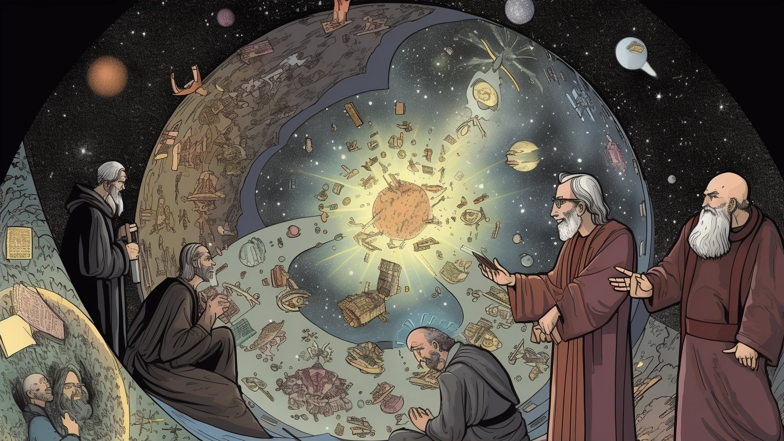
Astrobiology is an interdisciplinary scientific field that focuses on the study of life in the universe, including its origin, distribution, evolution, and survival. This area of science combines the principles of biology, chemistry, earth science, physics, and other relevant fields. Researchers in astrobiology study extreme environments on Earth that resemble conditions on other planets, such as the deep ocean floors, lava flows, and polar regions. These environments help scientists to understand if certain forms of life can survive in extreme conditions, which can inform their search for habitable planets in our solar system and beyond.
The central focus of astrobiology is the search for extraterrestrial life-forms, either by selecting space missions to target these planets or analyzing data gathered by current spacecraft. The search for extraterrestrial life is founded on the belief that life on Earth is not a unique phenomenon and that it is plausible that life could exist on other planets. This belief has raised significant questions about the origin of life.
The origin of life has always been an enigma, with no concrete scientific explanation as to how it began. However, the concept of panspermia, where life on Earth could have come from other planets, is a popular theory in astrobiology. According to this concept, microbial life could have hitchhiked on a meteorite or comet that collided with the Earth. This concept of panspermia is similar to the religious belief that life on Earth was created by a divine power.
The idea of extraterrestrial life has also raised theological and philosophical implications. Some people of faith argue that God created humanity as the only intelligent life form in the universe, which is in conflict with astrobiologists' theory of the possibility of life on other planets. This view is commonly held by monotheistic religions, such as Christianity and Islam, which postulate that humans are unique creations of God and that there is no other intelligent life forms in the universe. However, such a view is in contrast to the Hindu belief system, which believes that other intelligent life forms exist in the universe.
The beliefs about the existence of extraterrestrial life also have ethical implications, such as how we should interact with other intelligent life forms. For example, the discovery of intelligent life could challenge our fundamental beliefs, ignite religious conflict, and undermine our confidence in our uniqueness. On the other hand, it could also bring global cooperation, collaboration, and even extend human lifespan through advanced technologies.
In conclusion, the field of astrobiology presents an exciting opportunity for us to explore the mysteries of the universe and the existence of extraterrestrial life. Religion, on the other hand, allows us to connect to a higher entity, find meaning, and gives us a sense of purpose. The intersection of these two fields presents significant challenges, primarily when beliefs conflict. However, the coexistence of science and religion could lead to a deeper understanding of the universe and the possibility of extraterrestrial life.
Comments
Post a Comment